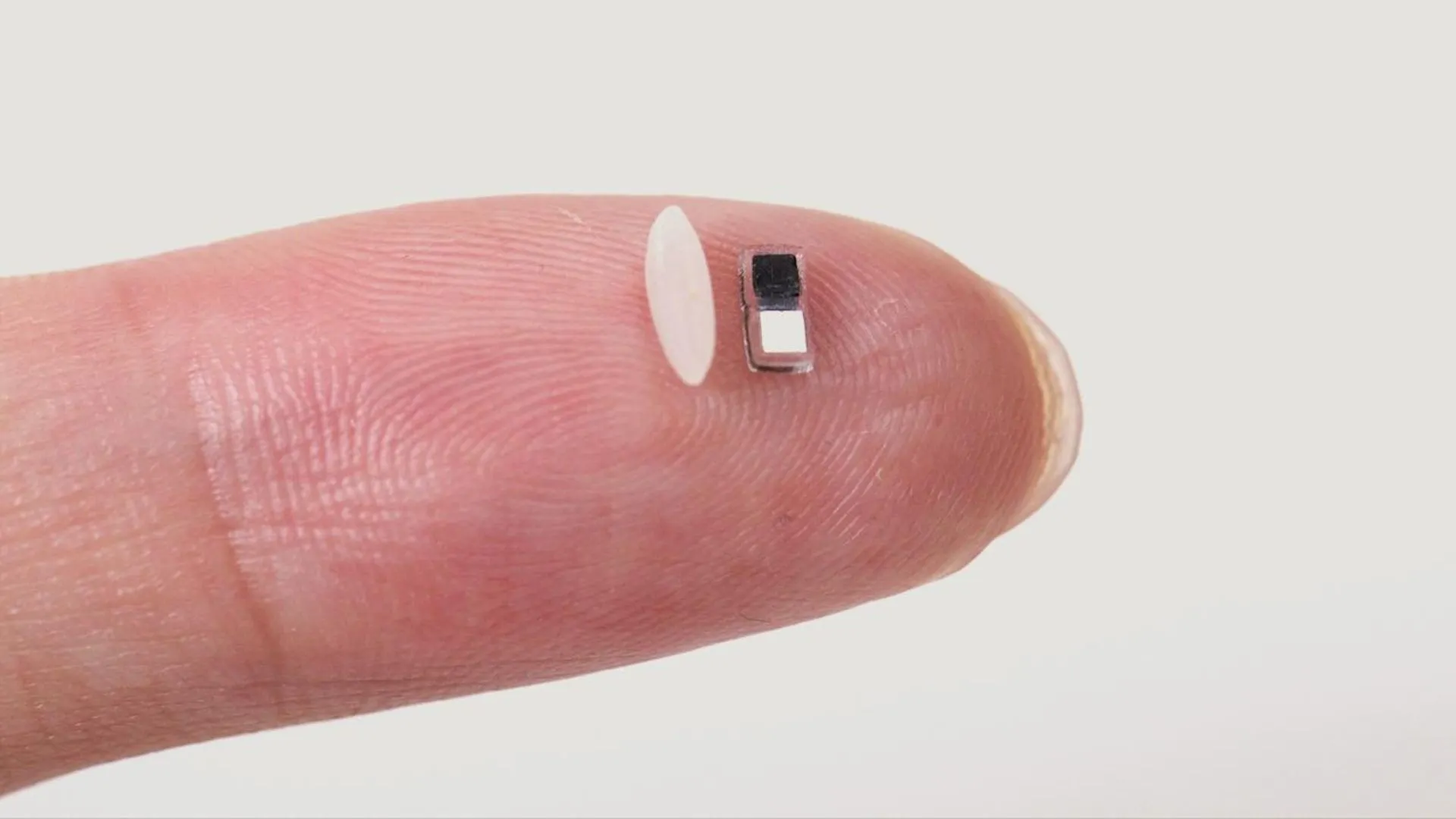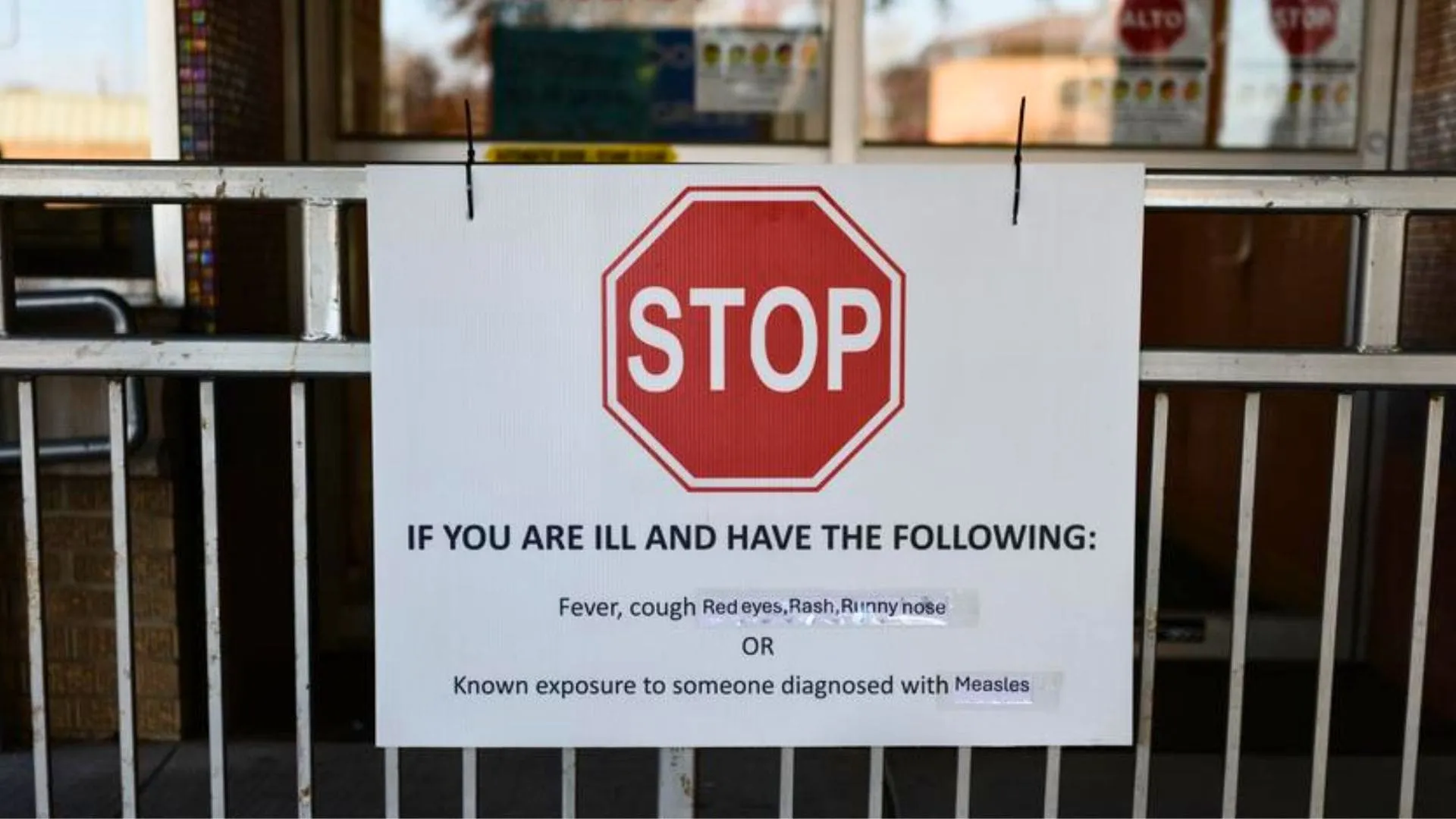Coffee May Help Prolong Lifespan by Almost 2 Years, On Average: The Surprising Health Benefits of Your Daily Brew
Coffee, the beloved beverage that kick-starts the day for millions of people around the world, is often associated with energy boosts, productivity, and social gatherings. However, emerging research suggests that coffee could offer more than just a caffeine fix — it may actually help extend your lifespan. According to studies, drinking coffee regularly could add nearly two years to your life on average, offering a surprising yet welcome benefit to coffee lovers everywhere.
While it’s no secret that coffee is packed with caffeine, which is widely consumed to stay alert and awake, the broader health benefits of coffee have been explored in recent years. From its potential to boost brain function to its protective effects on the liver and heart, coffee’s reputation as a health-promoting beverage is gaining more traction. But how does it work, and what is the science behind its ability to extend life?
In this article, we will delve into the research findings that suggest coffee may contribute to a longer lifespan, examining the specific mechanisms behind its health benefits and why it’s becoming increasingly recognized as more than just a morning pick-me-up.
The Science Behind Coffee’s Lifespan Benefits
Recent studies have examined the long-term effects of coffee consumption on health, and the results have been promising. The primary factors that contribute to coffee’s potential to prolong life are its antioxidant properties, its role in reducing inflammation, and its ability to protect against chronic diseases such as heart disease, cancer, and diabetes.
1. Rich in Antioxidants
One of the most compelling reasons coffee may promote longevity is its high antioxidant content. Antioxidants are compounds that help neutralize free radicals — unstable molecules that can damage cells and tissues, leading to aging and various diseases, including cancer and heart disease. Coffee is loaded with antioxidants, particularly polyphenols, which are found in the coffee beans themselves. These polyphenols have been shown to help reduce oxidative stress, thereby protecting cells from the damage caused by free radicals.
In fact, for many people, coffee is one of the largest sources of antioxidants in their diet, especially in countries where fruit and vegetable consumption may be lower. By regularly consuming coffee, individuals may be receiving a substantial amount of antioxidants that contribute to reducing the overall aging process and lowering the risk of chronic conditions.
2. Anti-inflammatory Properties
Chronic inflammation has been linked to a wide range of health problems, including heart disease, diabetes, and cancer. Inflammation is the body’s natural response to injury or infection, but when it becomes chronic, it can lead to serious health complications. Coffee has been shown to have anti-inflammatory effects, helping to combat this silent threat.
Several studies have found that regular coffee consumption may reduce markers of inflammation in the body. This is believed to be due to the polyphenols and other bioactive compounds found in coffee, which help modulate the immune system and reduce inflammation over time. By mitigating chronic inflammation, coffee may help lower the risk of developing conditions that could otherwise shorten one’s lifespan.
3. Heart Health and Coffee
Heart disease is one of the leading causes of death worldwide. Research has demonstrated that coffee consumption is linked to a lower risk of heart disease, particularly in those who consume it regularly in moderate amounts. Coffee has been shown to help improve cardiovascular health by improving blood circulation, lowering blood pressure, and reducing the risk of arterial damage.
Some studies suggest that moderate coffee consumption — typically defined as three to five cups per day — may even reduce the risk of heart disease by up to 20%. This reduction in risk is likely due to the antioxidants in coffee, which protect against oxidative stress and inflammation, both of which contribute to heart disease. By improving heart health, coffee may help individuals live longer, healthier lives.
4. Cancer Protection
Cancer is another leading cause of death globally, and prevention is key to reducing its impact. While no single food or beverage can guarantee cancer prevention, coffee has been shown to have protective effects against certain types of cancer, particularly liver and colorectal cancer.
The compounds in coffee, including polyphenols and chlorogenic acid, have demonstrated anti-cancer properties in laboratory studies. These compounds help prevent the growth of cancer cells, inhibit the spread of tumors, and reduce oxidative damage to DNA. Regular coffee consumption has been associated with a lower risk of liver cancer, one of the most aggressive types of cancer, and coffee drinkers have also shown a decreased risk of colorectal cancer.
5. Protection Against Neurodegenerative Diseases
Another area where coffee has demonstrated significant health benefits is in the prevention of neurodegenerative diseases, such as Alzheimer’s and Parkinson’s disease. These conditions, which are associated with aging, result in the progressive degeneration of brain cells and loss of cognitive function.
Several studies have shown that coffee drinkers have a lower risk of developing Alzheimer’s disease and Parkinson’s disease. The caffeine and other compounds in coffee have been shown to have neuroprotective effects, which may help protect the brain from the cellular damage that leads to these diseases. Coffee’s ability to reduce inflammation and oxidative stress also plays a role in protecting the brain, and some studies suggest that moderate coffee consumption may help preserve cognitive function as people age.
6. Diabetes and Coffee Consumption
Type 2 diabetes is another chronic condition that affects millions of people worldwide, and it is known to shorten lifespan due to its association with heart disease, kidney failure, and other complications. Interestingly, research has shown that regular coffee consumption may reduce the risk of developing type 2 diabetes.
Studies suggest that coffee drinkers have a 25-30% lower risk of developing type 2 diabetes compared to non-coffee drinkers. This effect is thought to be due to the presence of bioactive compounds in coffee, such as chlorogenic acid, which help regulate blood sugar levels and improve insulin sensitivity. By reducing the risk of diabetes, coffee may help extend life and improve overall health.
How Much Coffee Should You Drink for Health Benefits?
While coffee has been shown to offer numerous health benefits, it’s important to remember that moderation is key. Excessive coffee consumption can lead to negative side effects, including insomnia, jitteriness, and digestive issues. Most studies suggest that moderate coffee consumption — around three to five cups per day — is optimal for reaping the health benefits without experiencing adverse effects.
It’s also important to consider how you drink your coffee. Adding excessive sugar, cream, or syrups can negate some of the health benefits of coffee, turning it into a high-calorie, sugary beverage. For the best health outcomes, it’s recommended to drink coffee black or with minimal additives.
Coffee and Longevity: A Complex Relationship
While the evidence supporting coffee’s potential to prolong life is promising, it’s important to note that no single food or beverage can guarantee a longer lifespan. The relationship between coffee consumption and longevity is likely multifaceted, influenced by factors such as genetics, lifestyle, diet, and overall health.
For instance, coffee drinkers tend to have other healthy habits, such as regular physical activity and a balanced diet, which may contribute to their increased lifespan. Additionally, some of the health benefits associated with coffee — such as improved heart health, brain function, and reduced inflammation — are also linked to other lifestyle factors that promote longevity.
Moreover, not everyone may experience the same benefits from coffee consumption. While moderate coffee intake may extend lifespan for many individuals, it’s important to recognize that coffee is not for everyone. Some people may be more sensitive to caffeine, while others may have underlying health conditions that make coffee consumption less suitable for their needs.
Coffee is much more than just a morning pick-me-up; it is a complex, nutrient-rich beverage that can have a profound impact on health and longevity. With its antioxidant properties, ability to reduce inflammation, and potential to protect against chronic diseases like heart disease, cancer, and diabetes, coffee could indeed help add years to your life. Studies suggest that regular coffee consumption could prolong lifespan by almost two years on average, offering a surprising and enjoyable way to improve health and longevity.
So, the next time you pour yourself a cup of coffee, remember that it’s not just for boosting your energy — it could also be helping you live a longer, healthier life. Just be sure to enjoy it in moderation and without excess sugar or cream to maximize its health benefits.









